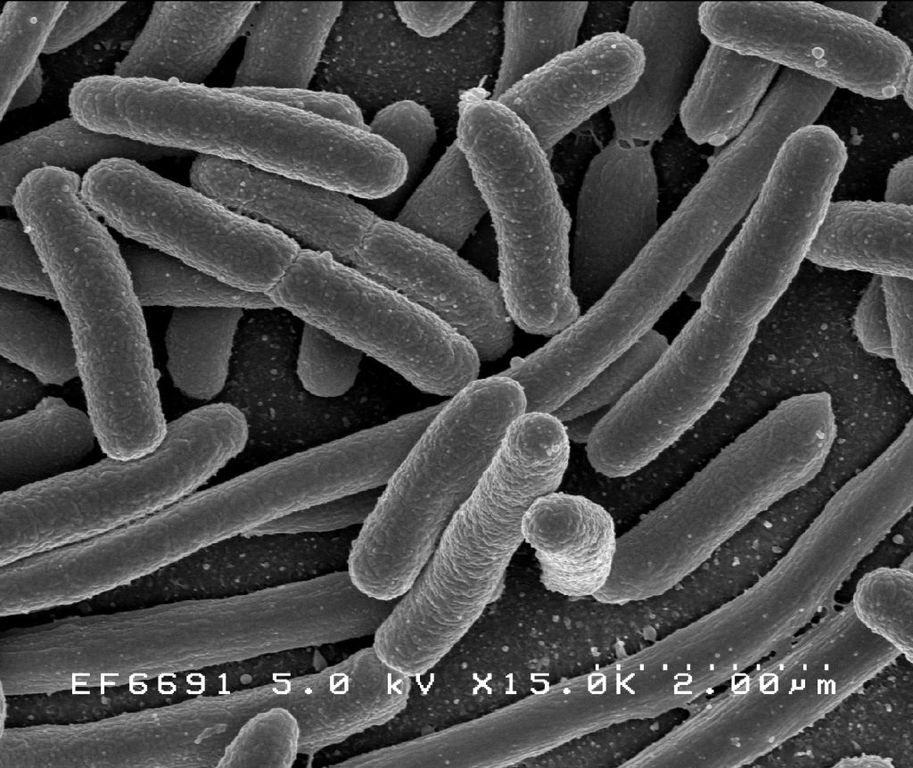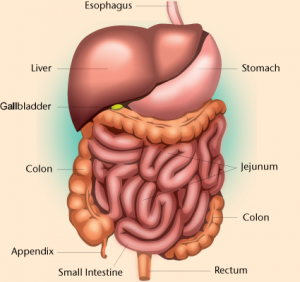
The digestive system is one of the most underrated parts of our bodies. Many people may not realize it, but it’s the key to keeping you healthy and free of inflammation. You might not know the ways the bacteria in your stomach are actually keeping you healthy.

The Bacteria in Your Stomach
Think of your intestines as a giant ecosystem. There are both good and bad bacteria—in fact, there are between 3.3 to 4.4 pounds of it in the average adult. That equates to around 100 trillion of them.
Most of your immune system is actually in your gut. It’s a collaboration between the two to keep you healthy. To fight inflammation, the good bacteria have to hook onto the immune cell receptors in the intestines. If the bad bacteria do this, you will get inflamed and have less resistance to infection.
Exploring Your Stomach
Even though your stomach is so important, it’s still technically uncharted territory. For many doctors and scientists, it remains a mystery.
Though recently, research has shot up for intestinal flora and the stomach. Studies have shown that bacteria in the colon affects a long list of illnesses and other conditions like diabetes, allergies, asthmas, multiple sclerosis, autism, cardiovascular disease, and even some cancers.
The bacteria in your stomach even talks to your brain. It can drive our body weight, personality, and behavior. Some call our digestive system, “our second brain.”
The Power of the Bacteria
Some studies have shown that too little gut flora (bacteria) can cause weight gain. Other studies have gone as far as to suggest that it can influence our feelings of hunger and have us crave certain foods.
You are also more likely to be diagnosed with depression if you suffer from chronic inflammation. It’s been known that low serotonin is a cause of depression. But there is only 5 or 10 percent of it in the brain.
Where is the rest? In the gastrointestinal tract!
Read more here.

